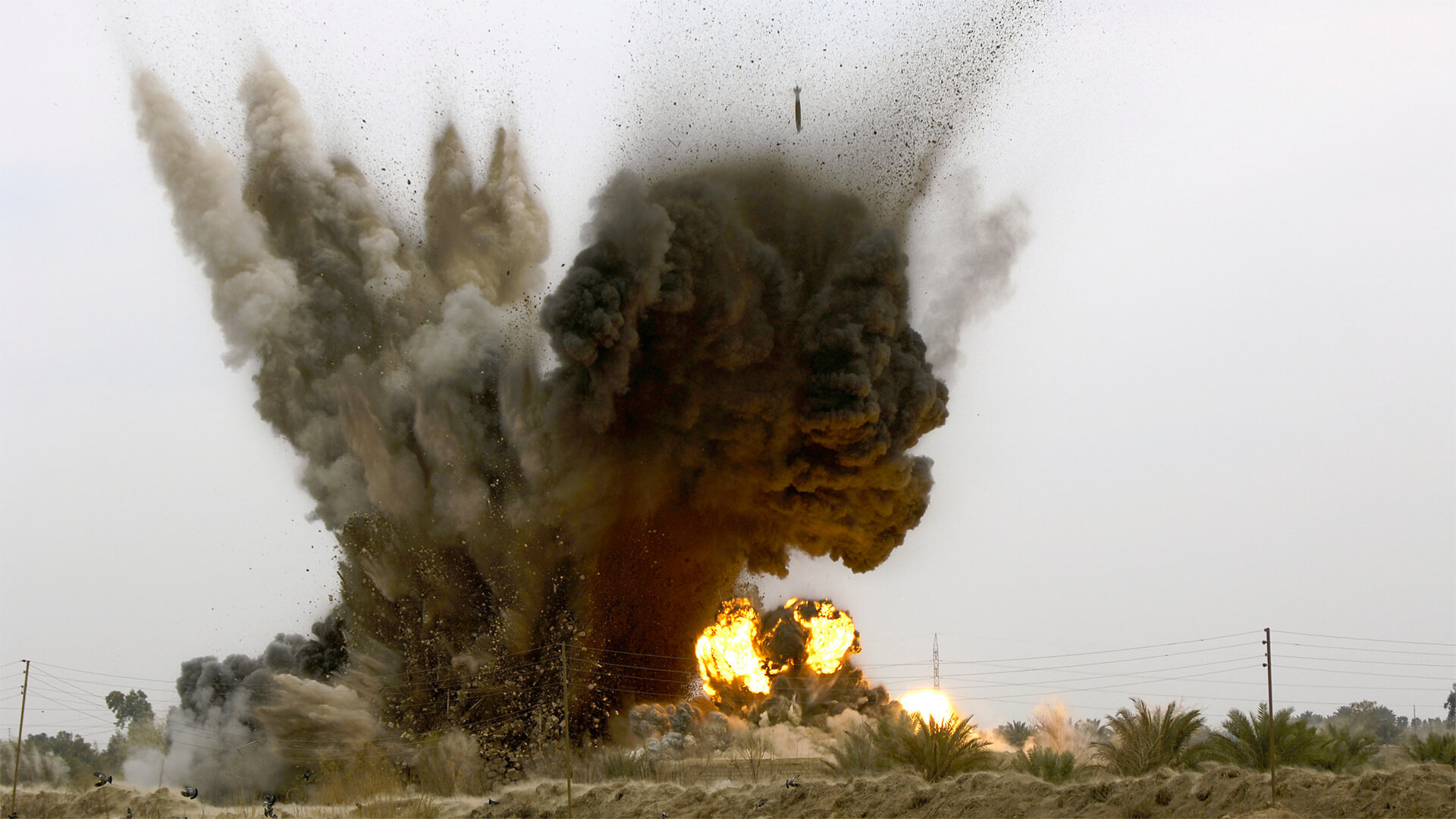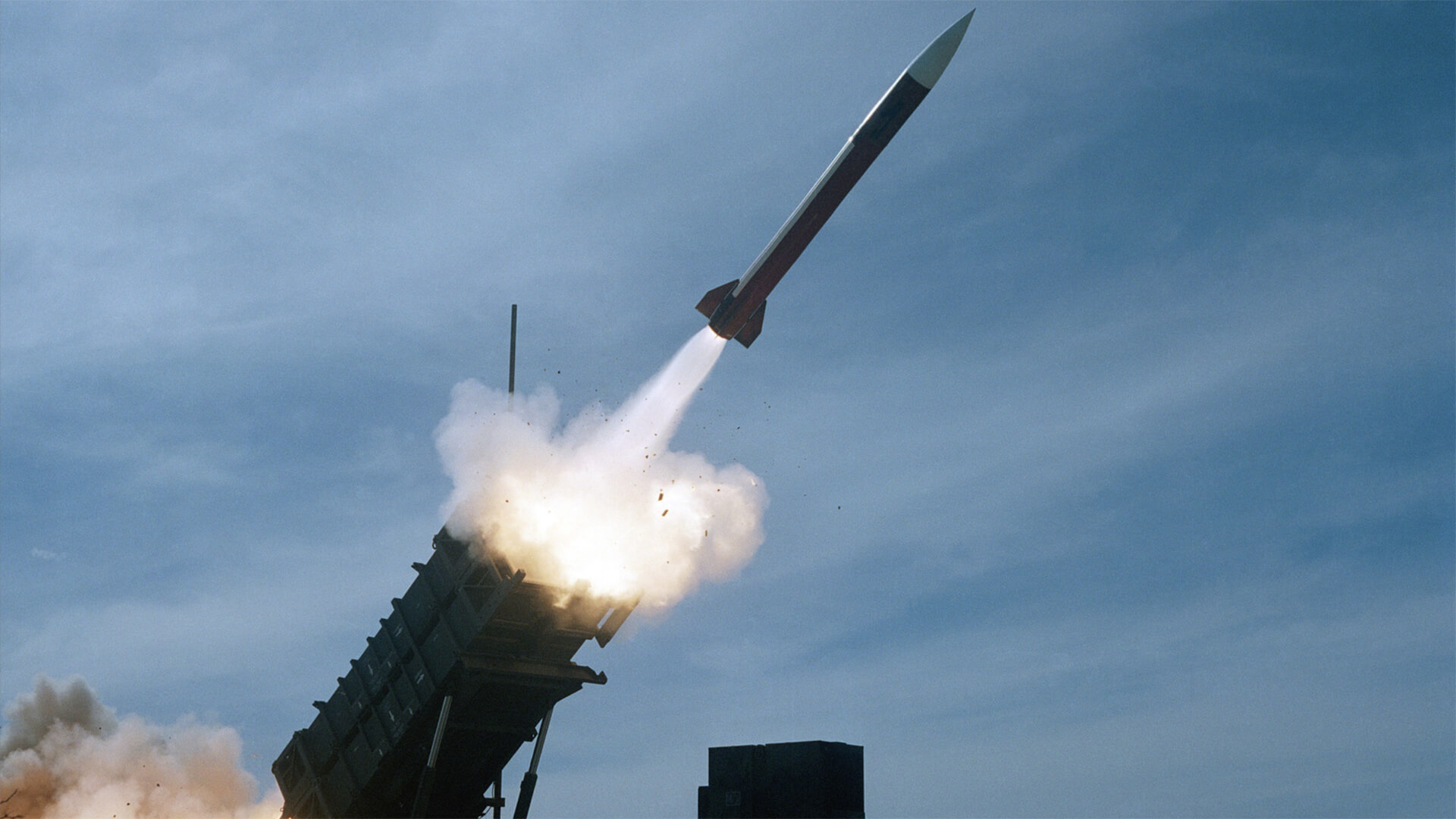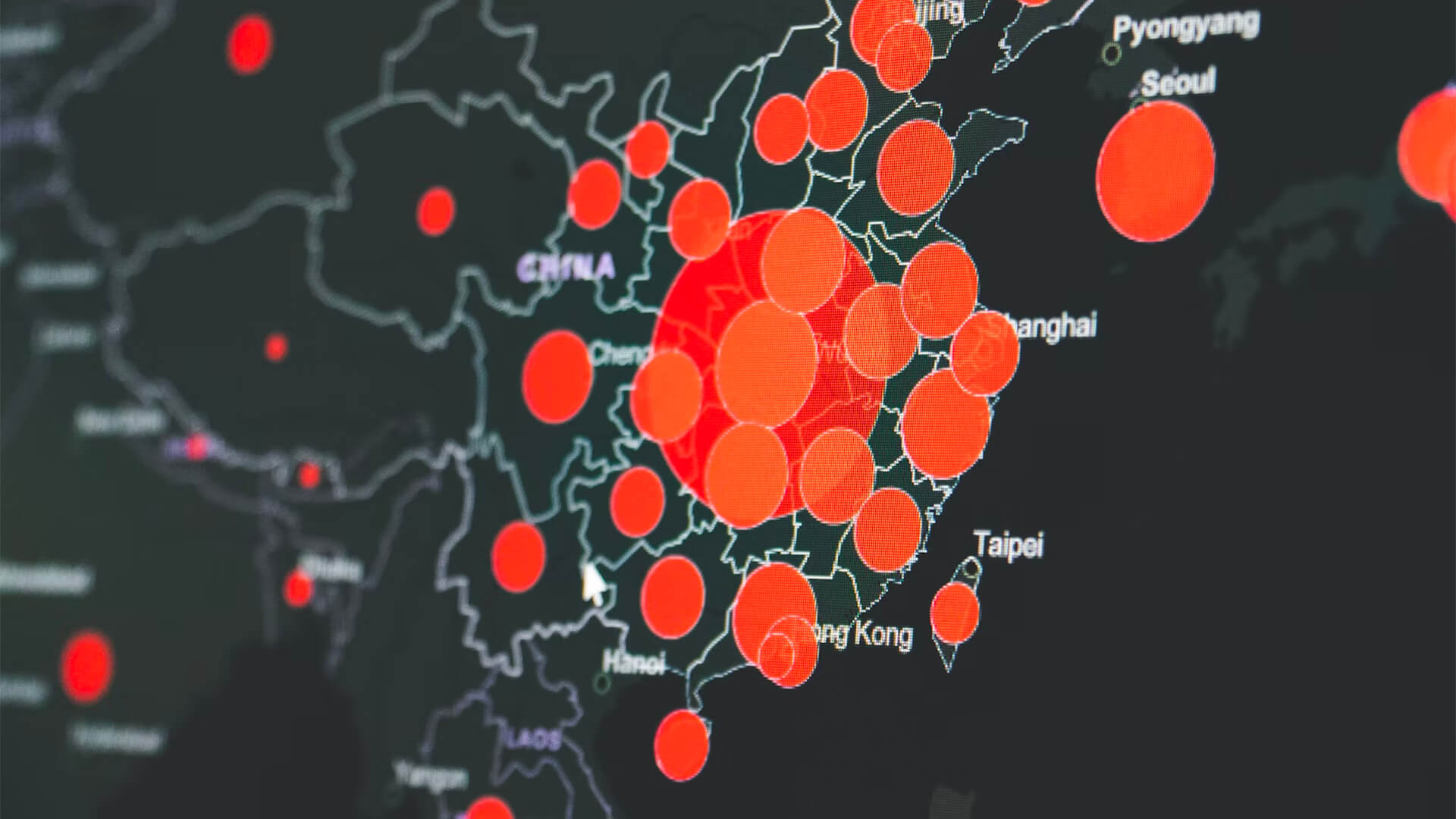NB: The following video is one I recorded while on my annual backpacking trip in August; please excuse any potential anachronisms.
After a strenuous trek to Quartzite Peak, the views are what make it all worth it. While we’re on the topic of things that we hope are worth it, let’s talk about Greentech – solar and wind in particular.
The underlying goal of these green solutions is to produce clean energy at scale, that can be effectively used. Solar has surged into the spotlight, but the shadow it casts is often overlooked. I’m not saying there’s no place for solar energy, but hefty considerations need to be made beforehand.
Wind offers a more promising outlook; lower environmental impacts, reliability and better financials. However, both of these technologies have a long way to go before they are powering the world efficiently and effectively.
Here at Zeihan On Geopolitics we select a single charity to sponsor. We have two criteria:
First, we look across the world and use our skill sets to identify where the needs are most acute. Second, we look for an institution with preexisting networks for both materials gathering and aid distribution. That way we know every cent of our donation is not simply going directly to where help is needed most, but our donations serve as a force multiplier for a system already in existence. Then we give what we can.
Today, our chosen charity is a group called Medshare, which provides emergency medical services to communities in need, with a very heavy emphasis on locations facing acute crises. Medshare operates right in the thick of it. Until future notice, every cent we earn from every book we sell in every format through every retailer is going to Medshare’s Ukraine fund.
And then there’s you.
Our newsletters and videologues are not only free, they will always be free. We also will never share your contact information with anyone. All we ask is that if you find one of our releases in any way useful, that you make a donation to Medshare. Over one third of Ukraine’s pre-war population has either been forced from their homes, kidnapped and shipped to Russia, or is trying to survive in occupied lands. This is our way to help who we can. Please, join us.











